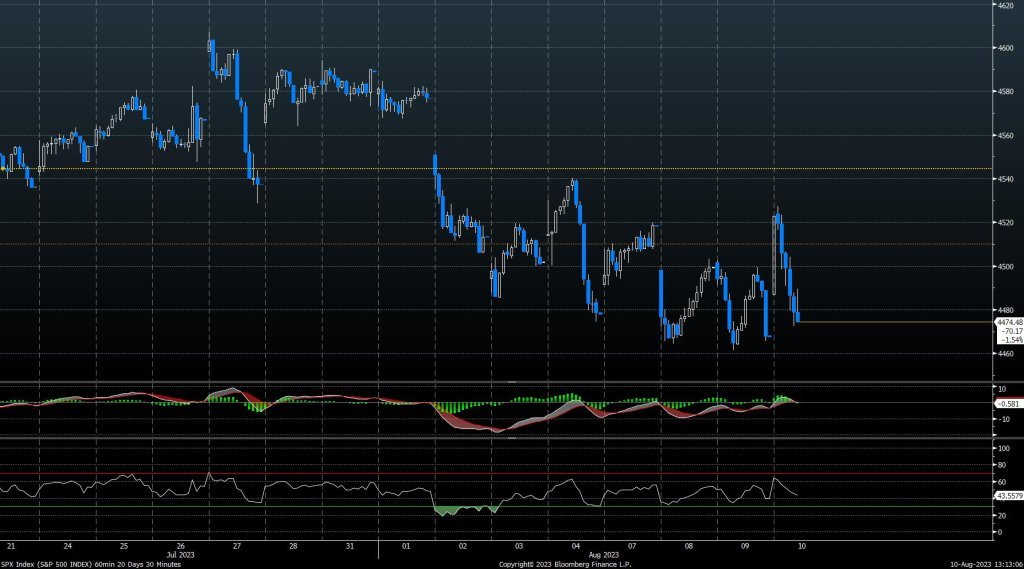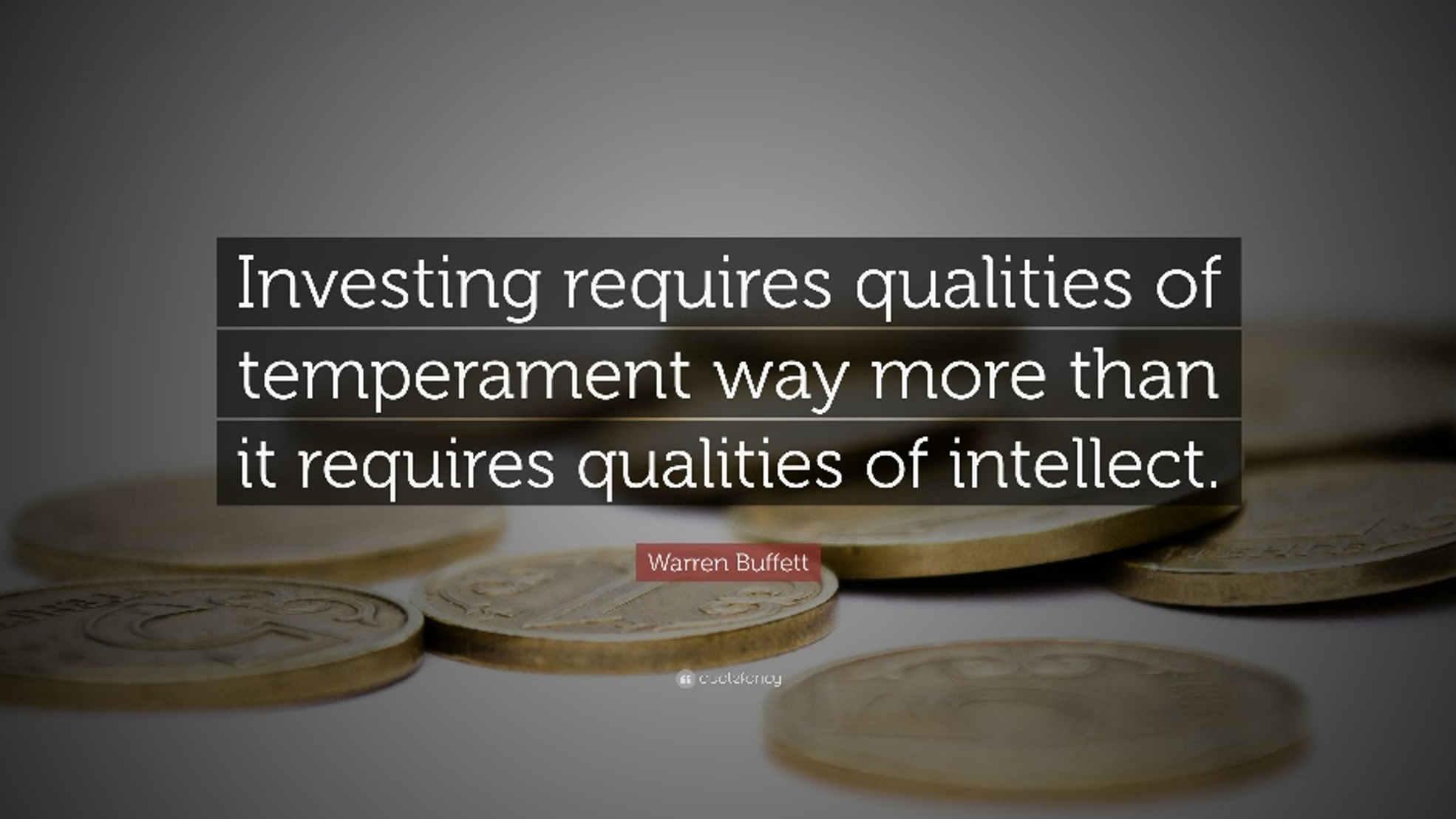-
Research
-
Latest Research
-
Latest VideosFSI Pro FSI Macro FSI Crypto
- Tom Lee, CFA AC
-
First WordFSI Pro FSI Macro
-
Intraday WordFSI Pro FSI Macro
-
Macro Minute VideoFSI Pro FSI Macro
-
OutlooksFSI Pro FSI Macro
- Mark L. Newton, CMT AC
-
Daily Technical StrategyFSI Pro FSI Macro
-
Live Technical Stock AnalysisFSI Pro FSI Macro
-
OutlooksFSI Pro FSI Macro
- L . Thomas Block
-
US PolicyFSI Pro FSI Macro
- Market Intelligence
-
Your Weekly RoadmapFSI Pro FSI Macro FSI Weekly
-
First to MarketFSI Pro FSI Macro
-
Signal From Noise
-
Earnings DailyFSI Pro FSI Macro FSI Weekly
-
Fed WatchFSI Pro FSI Macro
- Crypto Research
-
StrategyFSI Pro FSI Crypto
-
CommentsFSI Pro FSI Crypto
-
Funding FridaysFSI Pro FSI Crypto
-
Liquid VenturesFSI Pro FSI Crypto
-
Deep ResearchFSI Pro FSI Crypto
-
-
Webinars & More
- Webinars
-
Latest WebinarsFSI Pro FSI Macro FSI Crypto
-
Market OutlookFSI Pro FSI Macro FSI Crypto
-
Granny ShotsFSI Pro FSI Macro FSI Crypto
-
Technical StrategyFSI Pro FSI Macro FSI Crypto
-
CryptoFSI Pro FSI Macro FSI Crypto
-
Special GuestFSI Pro FSI Macro FSI Crypto
- Media Appearances
-
Latest Appearances
-
Tom Lee, CFA AC
-
Mark L. Newton, CMT AC
-
Sean Farrell AC
-
L . Thomas Block
-
⚡FlashInsights
-
Stock Lists
-
Latest Stock Lists
- Super and Sleeper Grannies
-
Stock ListFSI Pro FSI Macro
-
CommentaryFSI Pro FSI Macro
-
HistoricalFSI Pro FSI Macro
- SMID Granny Shots
-
Stock ListFSI Pro FSI Macro
-
PerformanceFSI Pro FSI Macro
-
CommentaryFSI Pro FSI Macro
-
HistoricalFSI Pro FSI Macro
- Upticks
-
IntroFSI Pro FSI Macro
-
Stock ListFSI Pro FSI Macro
-
PerformanceFSI Pro FSI Macro
-
CommentaryFSI Pro FSI Macro
-
FAQFSI Pro FSI Macro
- Sector Allocation
-
IntroFSI Pro FSI Macro
-
Current OutlookFSI Pro FSI Macro
-
Prior OutlooksFSI Pro FSI Macro
-
PerformanceFSI Pro FSI Macro
-
SectorFSI Pro FSI Macro
-
ToolsFSI Pro FSI Macro
-
FAQFSI Pro FSI Macro
-
-
Crypto Picks
-
Latest Crypto Picks
- Crypto Core Strategy
-
IntroFSI Pro FSI Crypto
-
StrategyFSI Pro FSI Crypto
-
PerformanceFSI Pro FSI Crypto
-
ReportsFSI Pro FSI Crypto
-
Historical ChangesFSI Pro FSI Crypto
-
ToolsFSI Pro FSI Crypto
- Crypto Liquid Ventures
-
IntroFSI Pro FSI Crypto
-
StrategyFSI Pro FSI Crypto
-
PerformanceFSI Pro FSI Crypto
-
ReportsFSI Pro FSI Crypto
-
-
Tools
-
FSI Community
-
FSI Snapshot
-
Market Insights
-
FSI Academy
-
Book Recommedations
- Community Activities
-
Intro
-
Community Questions
-
Community Contests
-
Part 3
Investing Requires Temperament More Than Intellect
The late global investor Sir John Templeton relocated from New York to the Bahamas, where copies The Wall Street Journal arrived days late. By reading the news a week later, Templeton could put it in perspective and prevent himself from over-reacting — his way of combatting behavioral biases. This is the same investing pioneer who once noted, “The four most expensive words in investing are: ‘This time it’s different.’”
As Ralph Waldo Emerson wrote in his essay “Experience”:
Temperament is the iron wire on which the beads are strung.
The great financial analyst Benjamin Graham believed that becoming an intelligent investor depends more on “character” than on intelligence as it is conventionally defined. Graham, who was Warren Buffett’s mentor, also believed the investor’s “chief problem – and even his worst enemy – is himself,” and that frequent corrections equal prime opportunities. “Markets are quoted in numbers, but what they trade in is emotions,” Wall Street Journal columnist Jason Zweig has said. Many bad investment decisions are good ideas taken too far. “The key to making money in equities,” Peter Lynch has said, “is not getting scared out of them.”
Over the last 40 years, investors have seen their share of asset bubbles popping. There are plenty of examples to learn from, but human nature (cycle of fear and greed) makes it difficult to avoid bubbles as the “fear of missing out” or “FOMO” takes control. Consider sage advice from psychologist Daniel Kahneman, known for his work on the psychology of judgment and decision-making, as well as behavioral economics, for which he was awarded the 2002 Nobel Memorial Prize in Economic Sciences: He said the key to investing is having “a well-calibrated sense of your future regret.”
It’s worth repeating: Doing well with money isn’t necessarily about what you know. It’s about how you behave. Money is inherently math-based, but humans make gut decisions on a whim: in meetings, in the heat of bull and bear markets, and in panic states. Our upbringing, temperament, unique world view, ego, price, and ability (or inability) to remain calm in downturns all factor into the equation of how we invest, and how we think about risk.
“We find that a long list of investment biases – for example, the reluctance to realize losses, performance chasing, and the home bias – are human, in the sense that we are born with them. Genetic factors explain up to 45% of the variation in these biases across individuals. We cannot find any evidence that education is a significant moderator of genetic investment behavior.” – Henrik Cronqvist & Stephen Siegel, “Why Do Individuals Exhibit Investment Biases?”
It’s counterintuitive, but sound investing isn’t about intelligence. It’s about human behavior and our psychology. A genius who cannot handle risk or loses emotions can lose a lot of money quickly. The opposite is also true: Ordinary folks with no financial education can be wealthy with a baseline investment knowledge and excellent behavioral skills. For instance, Advisory Group CXO tracked the results of 6,582 predictions, from 68 investing gurus, made between 1998 and 2012. Despite having some well-known names in the sample, the average gurus’ accuracy (47%) didn’t beat a coin toss. Forty-two of the 68 gurus had accuracy scores below 50%.
“All the conditions for extreme overvaluation or undervaluation absolutely exist, the way they did 50 years ago,” Amazon founder Jeff Bezos has said. “You can teach all you want to the people, you can tell them to read Ben Graham’s book, you can send them to graduate school, but when they’re scared, they’re scared.”
In what other industry does someone with no degree, training outperform the best trained? In Morgan Housel’s 2020 bestseller The Psychology of Money, he tells the story of how a janitor stowed away money each month, let it compound in the stock market, and didn’t interrupt the compounding. Over decades, that sum had grown to millions. Investing is a soft skill more than anything else, with many human variables involved. It’s also something virtually anybody can do well with a mastery of one’s behavior.
In modern times, it’s easier than ever to trade from anywhere in the world with mobile apps. Tickers flash on the screen. But the excess noise prompts the comparison game, where we glorify 10x returns and not the process.
A few keys to combat the news and biases that can disrupt our ability to invest clearly:
- Don’t obsess over the headlines
- Understand that markets go down at times
- Don’t try to predict the future
No amount of studying or open-mindedness can recreate the power of fear and uncertainty. In other pursuits, you log the hours, and you often see the results. If you want to improve your free-throw shooting, you might stay after practice for an hour to take 100 extra shots. If you want to do well on an exam, you might ask questions in class, study the textbook each night, and organize a study group at the library. But investing can be a ruthless game, where extra work doesn’t necessarily provide any marginal benefit.
The good news is that you don’t have to be perfect. Some of the world’s greatest investors made numerous mistakes. But they preserved their capital, stayed in the game through the inevitable ups and downs, and stood in the batter’s box, ready for the next pitch. In baseball, you can get out seven of every 10 times and make it to the Hall of Fame. You can strike out three times, then come up big in the ninth inning with a walk-off hit. In investing, you don’t need outstanding success rates either: You could be wrong about half of the time and still perform well.
“We think it’s important to not shout at the market,” our Tom Lee said during his 2022 market outlook. “What that means is the market does not care about my opinion. It doesn’t care about anybody’s opinion. You have to reverse how you look at the market, and you have to look at what the market is telling you, not what you think the market should be doing.”

Related Guides
-
 Series of 3~5 minutesLast updated2 months ago
Series of 3~5 minutesLast updated2 months agoKeep Calm and Carry on Investing
A guide to managing your emotions during market downturns.
-
 Series of 2~4 minutesLast updated2 months ago
Series of 2~4 minutesLast updated2 months agoFS Insight Decoded
An ad-hoc series that explains sayings frequently used by members of the FS Insight research team
-
 Series of 3~6 minutesLast updated5 months ago
Series of 3~6 minutesLast updated5 months agoYour Price Target Is Likely Going to be Wrong. Here’s Why You Should Set One Anyway.
Price Targets
-
 Series of 3~9 minutesLast updated1 year ago
Series of 3~9 minutesLast updated1 year agoTechnically Speaking – The FS Insight Primer on Technical Analysis
Three-part series on technical analysis



